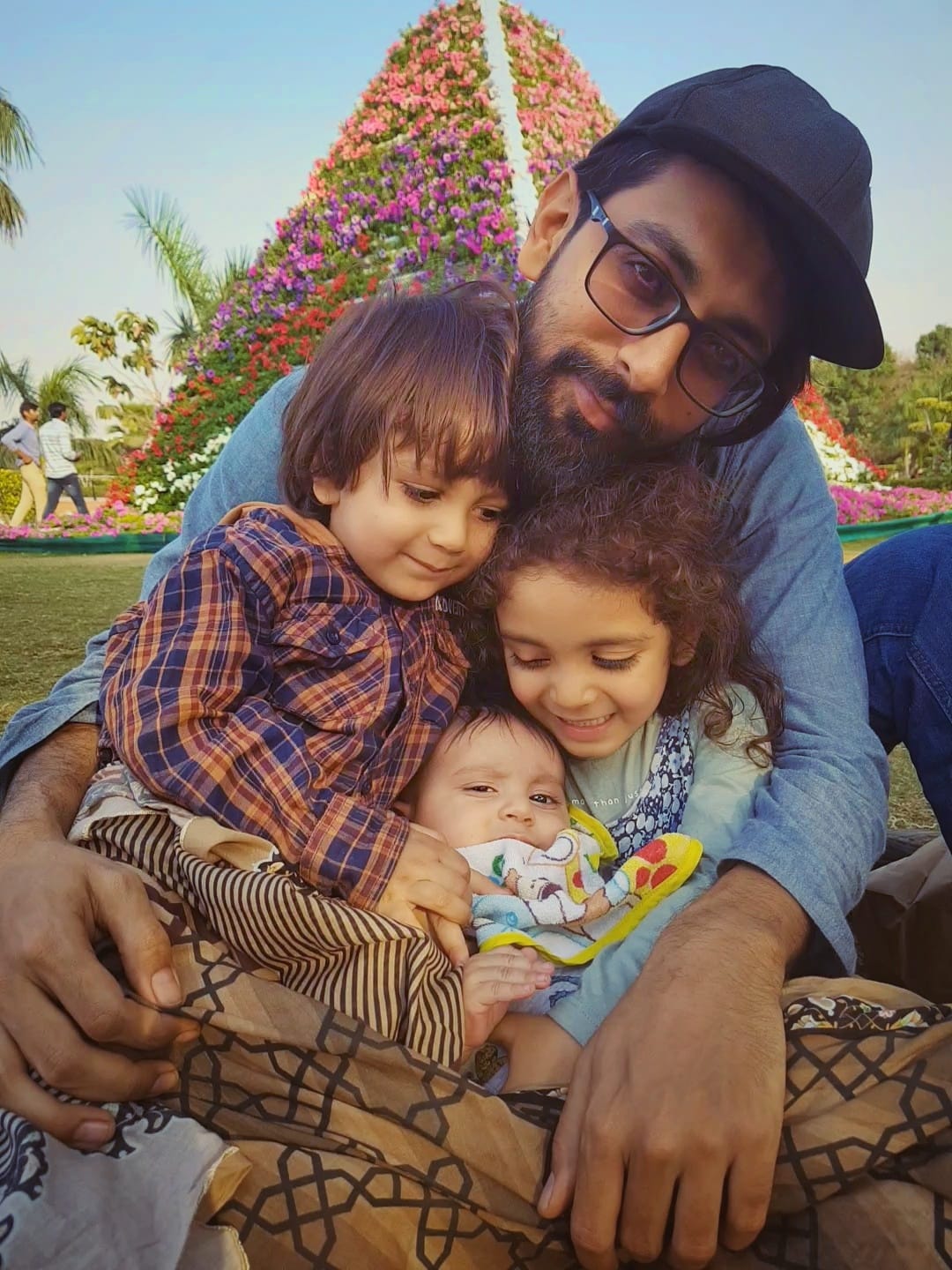🌱 Free Indigenous & Heirloom Seed Sources – India
1️⃣ Vrihi – Folk Rice Seed Bank (West Bengal)
- South Asia’s largest open-access rice seed bank.
- Free seeds for farmers, no barter needed.
- 1,420+ traditional rice varieties shared with 17,000+ farmers.
2️⃣ Annapurna Seed Library (Assam)
- Based in Meleng village, started by Mahan Chandra Borah.
- 400+ indigenous seed varieties.
- Borrow seeds → return a portion post-harvest.
3️⃣ Vrihi at Kerandiguda (Tribal Region)
- Open-access indigenous rice seed exchange.
- Free seeds for any farmer.
4️⃣ Navdanya Network
- Founded by Vandana Shiva.
- 54 community seed banks across India.
- 500,000+ farmers trained in seed saving & food sovereignty.
5️⃣ Sambhav (Odisha) – Sabarmatee Tiki
- Organic farming & native seed preservation.
- 500+ indigenous varieties.
- Annual Seed Festival for free exchanges.
6️⃣ Bibi Fatima SHG (Karnataka)
- UNDP-awarded biodiversity group.
- Community seed bank with free millet seeds.
- Active in local seed fairs.
7️⃣ Individual Conservationists (e.g., Kaushil Patel, Gujarat)
- Grow & store heirloom vegetable seeds.
- Share via farmer fairs & organic networks.
📊 Summary Table
| Source | Access Type | What You Get |
|---|---|---|
| Vrihi (WB) | Open-access | Rice seeds |
| Annapurna (Assam) | Seed library | Indigenous varieties |
| Kerandiguda Vrihi | Seed exchange | Free rice seeds |
| Navdanya | NGO network | National seed access |
| Sambhav (Odisha) | NGO program | 500+ native varieties |
| Bibi Fatima SHG (KA) | Community bank | Millet seeds |
| Conservationists | Farmer networks | Heirloom vegetables |
✅ Next Steps
- Contact NGOs like Navdanya, Sambhav, Bibi Fatima SHG.
- Visit seed fairs & community events for free exchanges.
- Connect with farmers via social media or local groups.
- Join a seed-saving network to access & share seeds.
Here’s a outreach template with contact details for 7 indigenous or heirloom seed banks and libraries in India. Designed for activists, writers, or community organizers looking to connect, learn, or promote seed sovereignty.
How to Reach Out to Indigenous Seed Banks & Libraries
Below are seven trusted seed-saving initiatives across India. Use the template after the list to contact them effectively.
| Seed Source | Location | Contact / Access Details |
|---|---|---|
| Annapurna Seed Library | Meleng village, Jorhat, Assam | Instagram: @annapurna_seed; Phone: +91 9127069446 (Unmukt Foundation, Wikipedia) |
| Vrihi – Folk Rice Seed Bank / Basudha Farm | West Bengal → Odisha | Reach via Centre for Interdisciplinary Studies (CIS) or Local Futures network (navdanya.org, EcoIdeaz) |
| Navdanya (Multiple Community Seed Banks) | Across 22 Indian states, HQ: New Delhi / Uttarakhand | Address: A-60 Hauz Khas, New Delhi 110 016; Email via contact form on [Navdanya website] (navdanya.org) |
| Sambhav (Led by Sabarmatee Tiki) | Nayagarh, Odisha | No direct contact found online, but active on Facebook “Sambhav, Nayagarh”; local outreach advised (Facebook, Wikipedia) |
| Teertha Community Seed Bank (Bibi Fatima SHG) | Teertha Village, Dharwad District, Karnataka | Contact: Bibijan Halemani, SHG leader: +91 84319 88093 (Farmers Rights) |
| Sambhav Trust (Jharkhand) | Khunti District, Jharkhand | Address: RT Complex, Karra More, Dist-Khunti, Jharkhand-835227; Phone: +91 9304792833; Email: info@sambhavtrust.org.in (sambhavtrust.org.in) |
| Community Seed Banks (DIVERSIFARM India Directory) | Nationwide | Download state-wise PDF profiles (e.g., Odisha, Karnataka) from Fridtjof Nansen Institute’s DIVERSIFARM-India list (Farmers Rights) |
Outreach Email / Message Template
Subject: Request for Seed Access & Collaboration Opportunity
Hello [Name/Team],
My name is [Your Name], and I am working on an initiative/article titled “Building Seed Libraries & Community Seed Banks”. I’m deeply inspired by your work in conserving indigenous seed varieties and would love to include details about your model in our publication.
Could you please share:
- The process to request or exchange seeds with your community (e.g., membership, borrowing, costs).
- Any visitation or participation opportunities (e.g., seed fairs, workshops).
- Best person or channel to connect with for ongoing collaboration or support (phone, email, WhatsApp).
- Optional: Inspirational stories or outcomes (e.g., crop successes, farmer impact).
I intend to highlight how local seed libraries can be replicated in other regions and believe your insights would be invaluable. I’d be grateful for any materials—brochures, photos, testimonials—that you are willing to share.
Thank you for your vital work in seed sovereignty and biodiversity. I hope we can collaborate soon.
Warm regards, [Your Name] [Your Organization, if any] [Contact Info]
Tips for Customizing Your Outreach
- Personalize: Use the name of the contact or organization, reference a specific success or story they’ve shared.
- Be clear on purpose: Explain that this is for a helpful, awareness-building resource.
- Offer reciprocity: Suggest sharing your final article with them or tagging them when published.
- Use multiple channels: If email doesn’t work, try phone or social media.

